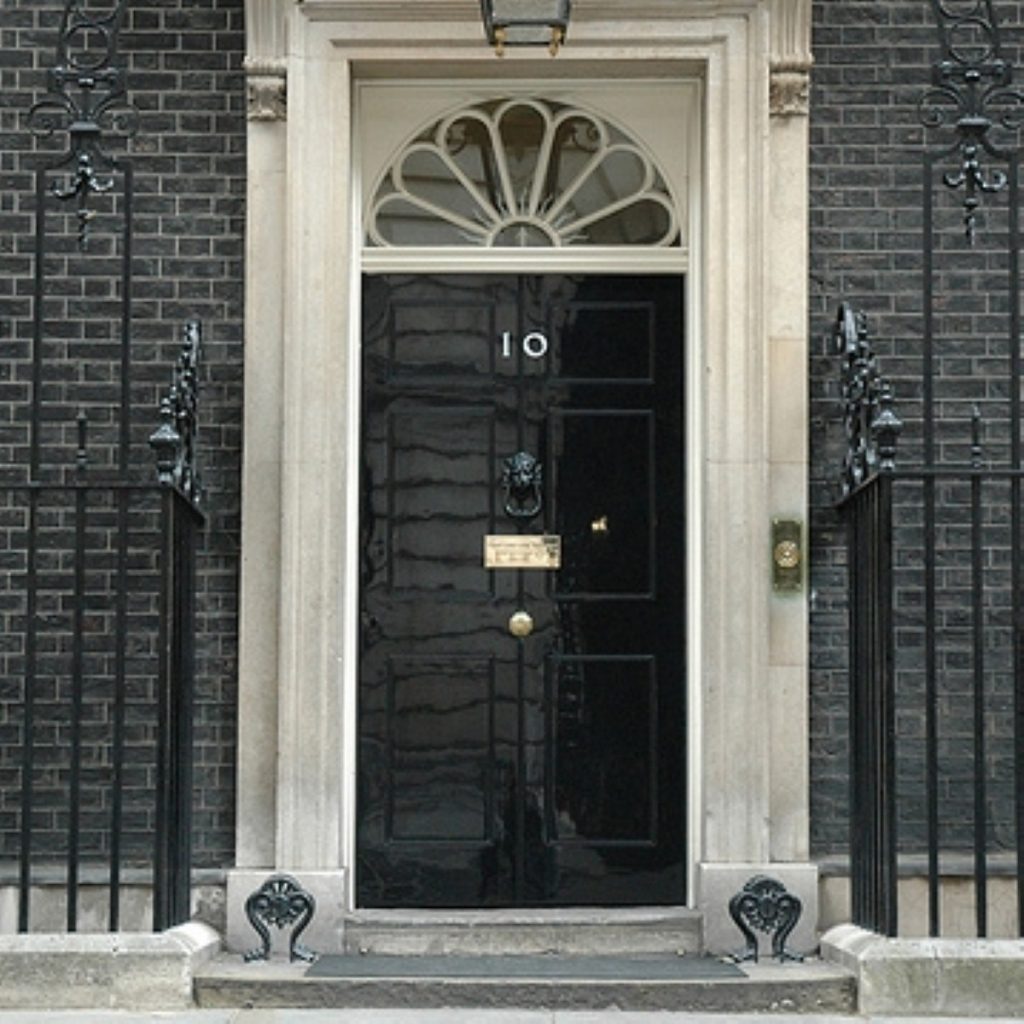Cameron’s chief of staff dragged into phone-hacking row
By Ian Dunt Follow @IanDunt
The decision not to advise the prime minister of the Metropolitan police's relationship with Neil Wallis came from Downing Street, it has been revealed.
It appears that David Cameron's chief of staff, Ed Llewellyn, was the individual who rejected the attempt to inform the prime minister.
it is the second time Mr Llewellyn's name has emerged in the phone-hacking affair. He was also reported to have failed to pass on warnings about Andy Coulson to the prime minister.
In a sign of how seriously Downing Street took the statement, it quickly published the full transcript of the relevant email exchange.
Speaking to the home affairs committee, Sir Paul Stephenson, who resigned as Met police commissioner earlier this week, elaborated on his resignation statement, which had been interpreted as a barbed attack on David Cameron.
The statement said that Mr Wallis' relationship with the Met was not revealed to the prime minister because it would have complicated his own political difficulties with Andy Coulson – Mr Wallis' senior at the News of the World.
"My understanding is that was the advice from a senior official in No. 10," Sir Paul told the committee this morning.
"I would not want to open the prime minster to such compromise.
"All I was saying in my resignation speech was that it seemed eminently sensible. We should not compromise the prime minister.
"I'm very aware of the political exchanges. Why would I want to risk anyone being accused of any compromise?"
While the comments threaten to bring the phone-hacking scandal closer to the prime minister's door, the two men's assessment of the offer made to Mr Llewellyn was quite different.
Assistant commissioner John Yates later told MPs Mr Llewellyn was the No.10 official cited by Sir Paul.
"I offered to brief [the prime minister] on the nuances on what a scoping was [following New York Times disclosures over phone-hacking in 2010]," he said.
"It was not well understood so it was simply an offer to explain what scoping meant, what it might lead to. It was properly rejected. I wouldn’t have disclosed any operational matters about this."
In an email exchange released by Downing Street some hours later, mr Yates and Mr Llewellyn dance around the subject of phone-hacking without ever mentioning it.
"I am coming over to see the PM at 12.30 today regarding [redacted: national security] matters," MR Yates wrote.
"I am very happy to have a conversation in the margins around the other matters that have caught my attention this week if you thought it would be useful."
Mr Llewellyn replied: "On the other matters that have caught your attention this week, assuming we are thinking of the same thing, I am sure you will understand that we will want to be able to be entirely clear, for your sake and ours, that we have not been in contact with you about this subject.
"So I don't think it would really be appropriate for the PM, or anyone else at No 10, to discuss this issue with you, and would be grateful if it were not raised please."
In his earlier testimony, Sir Paul tried to furiously row back from his resignation statement, insisting that it has been wrongly interpreted as an attack on the prime minister.
"I'm fully aware its been interpreted negatively," he told MPs.
Critics of the commissioner pointed out that he had informed London mayor Boris Johnson of arrest of shadow immigration minister Damian Green several years ago.
Others suggested Sir Paul was underplaying the role of Mr Wallis, a former deputy editor at the News of the World who later worked with the Met in a communications role.
In a statement at the end of the session, Sir Paul insisted he had not come under pressure to resign last weekend.
"Contrary to much ill-informed media speculation, im not leaving because I was pushed, because I have anything to fear, or was threatened," he said.
"I'm not leaving because of lack of support fom the prime minister or home secretary. Im going because I'm a leader. Being a leader is about making decisions that put your organisation first."





-01.png)